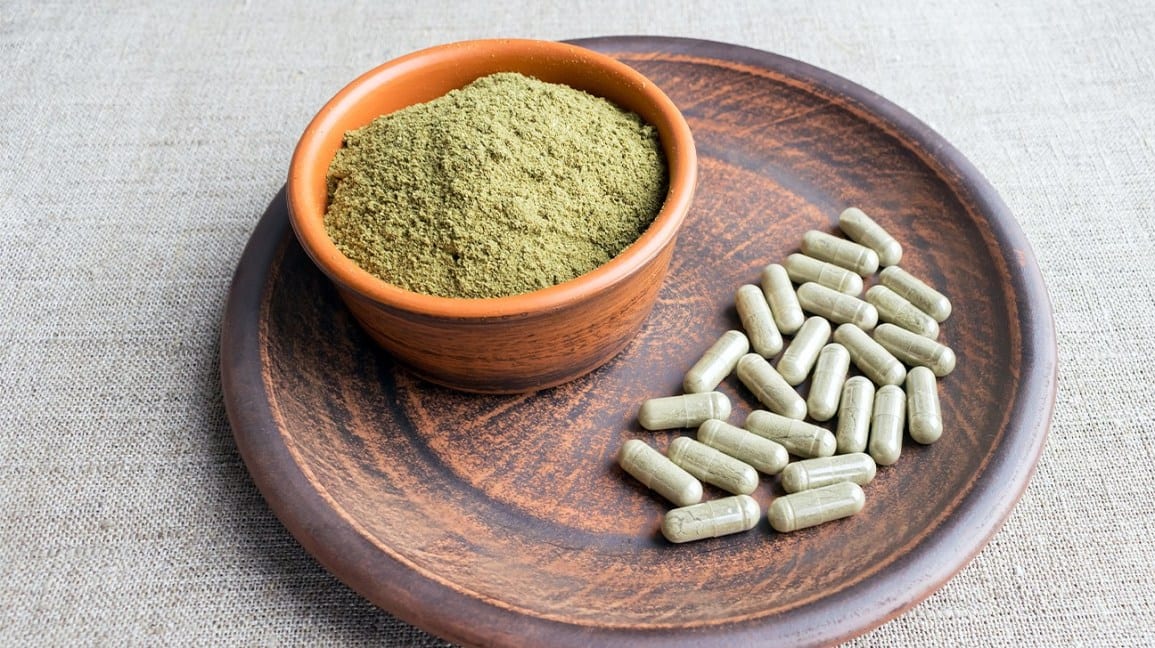Green Tea supplements are becoming increasingly popular in recent years because of their many health benefits. One of these may possibly be the help provided with type II diabetes. Although the disease has risen to epidemic proportions, it may still be reversible if caught in its early stages. Green Tea supplements contain polyphenols and L-theanine.
Polyphenols
Polyphenols found in tea may be beneficial for helping with cancer and cardiovascular disease. Recent studies have shown that regularly drinking tea or green tea supplements may reduce cancer risk. Animal studies indicate that tea polyphenols may inhibit tumor initiation and progression. Green tea may also lower the risk of gastrointestinal cancer. The high content of polyphenols, such as in the best green tea supplement, may be responsible for many beneficial effects.
L-Theanine
L-theanine is a component of Green Tea that is bioavailable when taken orally. It may actively crosses the blood-brain barrier and may improve mental function, mood, and sleep. It may also improve stress resilience. It may be an effective supplement for stress relief, as it promotes a calming, focused state. L-theanine may have a range of benefits, including antioxidant and anti-inflammatory effects, cardiovascular protection, liver and kidney protection, and immune regulation.
Antioxidants
Green Tea supplements may be a highly potent source of antioxidants, a powerful nutrient that protects your body from free radicals. Free radicals can damage cell membranes. Green tea contains numerous flavonoids and polyphenols acting as both direct and indirect antioxidants. They may inhibit the production of free radicals by upregulating antioxidant enzymes in your body. One of the most critical polyphenols in Green Tea is EGCG, which has been shown to prevent oxidative damage in healthy cells. EGCG is also believed to be essential in increasing maximum oxygen uptake in adults. Green Tea catechins have been shown to protect against many diseases, including cardiovascular disease, type II diabetes, and obesity. In addition, animal studies indicate that green tea catechins may inhibit the growth of certain cells.
Weight Management
There is much evidence that green tea extract may help with weight management. This is because it contains two active ingredients: caffeine and a flavonoid called catechin. Both are antioxidants and can increase fat burning. In one study, people who consumed green tea extract capsules experienced a 17 percent increase in fat oxidation compared to people who took a placebo. Green Tea supplements may possible reduce the risk of heart disease. In addition, studies possible indicate that it may reduce blood pressure and lower triglycerides. It may also help prevent diabetes since catechins improve insulin activity and blood sugar tolerance.
Cardiovascular Health
Studies indicate that green tea may protect the cardiovascular system. Its major polyphenolic compounds, catechins, inhibit oxidation and vascular inflammation, reduce vascular reactivity, and modulate plasma lipid profile. However, many questions remain regarding green tea catechins’ exact mechanism of action.
It is thought that the presence of polyphenols, also known as catechins, is the main reason green tea may have such positive cardiovascular effects. The most bioactive catechin found in Green Tea supplements may be epigallocatechin-3-gallate.
Skin Health
Green tea is a powerful antioxidant that may protect the skin from UV damage and promotes cellular turnover. It also may have significant anti-inflammatory and antimicrobial properties. Its polyphenols may support the immune system. In addition, EGCG (epigallocatechin gallate) in green tea may help treat acne. This compound reduces sebum production and lipid levels and may help prevent acne breakouts.
Green Tea supplements extract is also beneficial in combating environmental and lifestyle factors that cause skin aging. For example, it may protect the skin from ultraviolet (UV) radiation, which can cause sunburn and photoaging. It also may counteract the harmful effects of high levels of stress, which increase the production of cortisol in the body.








